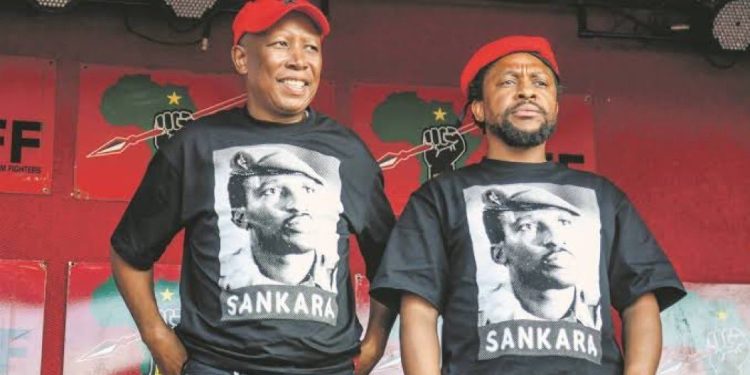The ever-contentious Johann Rupert has once again drawn attention, this time by declaring an end to engaging in any discussions or allegations involving Dr. Mbuyiseni Ndlozi, a prominent member of the Economic Freedom Fighters (EFF). In a fiery social media post, stated unequivocally, “We are no longer going to answer any nonsense about Mbuyiseni Ndlozi, never.”
The remark signals apparent frustration with ongoing accusations and heated exchanges surrounding their commentary about Ndlozi. Known for sharp wit and controversial takes, has frequently sparred with Ndlozi’s supporters on social media platforms.
Polarized Public Reactions
The announcement has sparked mixed reactions. Supporters of applauded the move, urging a focus on more substantive issues. “Good riddance,” commented one user. “Focus on the bigger picture and leave petty squabbles behind.”
Conversely, Ndlozi’s defenders criticized the statement as a diversion tactic. Some speculated that decision to disengage might stem from pressure to address unresolved issues. “If there’s nothing to hide, why avoid addressing the issues?” questioned a user, reflecting ongoing tensions.
Ndlozi’s Measured Silence
Dr. Ndlozi, widely regarded for his eloquence and intellectual approach to political debates, has not directly responded to latest remarks. In the past, Ndlozi has avoided engaging in personal disputes, often redirecting focus to his political work and messaging.
Social Media: A Political Battleground
This incident highlights the increasing role of social media as a stage for political and ideological clashes. Analysts argue that such public exchanges, while entertaining to some, detract from meaningful political discourse, reducing complex issues to sensationalized personal rivalries.
Thandeka Masilela, a political analyst, remarked, “While platforms like X (formerly Twitter) allow for more direct interaction between public figures and citizens, they also amplify petty disputes, which can overshadow critical discussions about governance and policy.”
Implications
Malema declaration may bring temporary relief to the contentious online rivalry. However, whether it signals the end of the feud or prompts new speculation remains uncertain. As the lines between political discourse and personal clashes blur on social media, the challenge of maintaining focus on substantive debates grows ever more pressing.
For now, the saga underscores the complexities of navigating public criticism and personal branding in an age of instantaneous, highly visible digital communication.






















